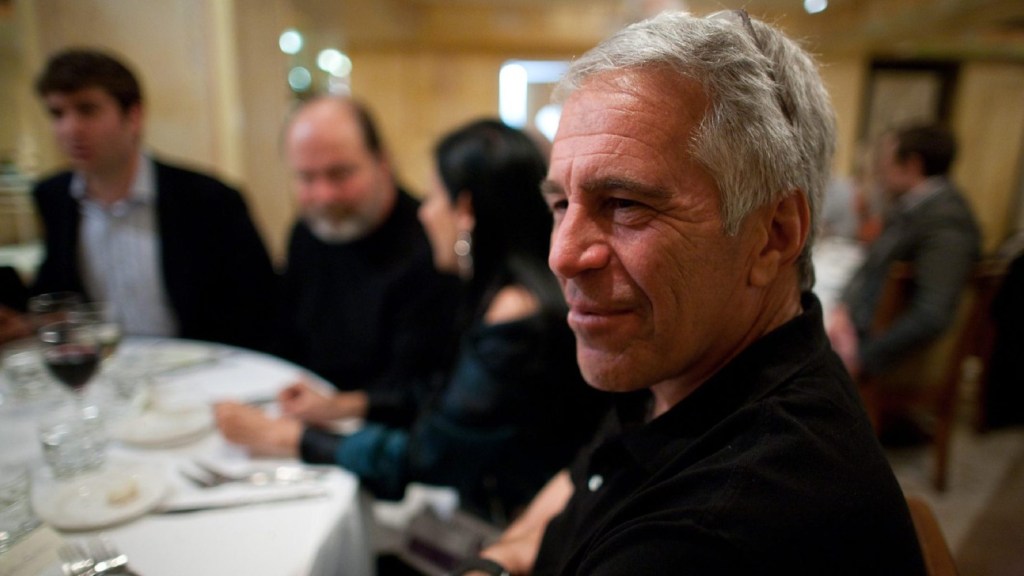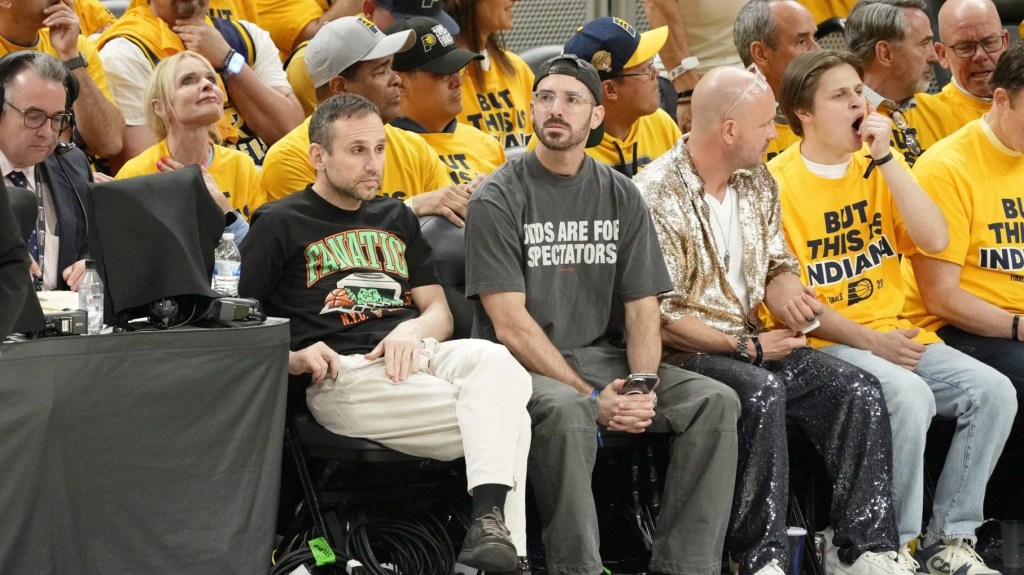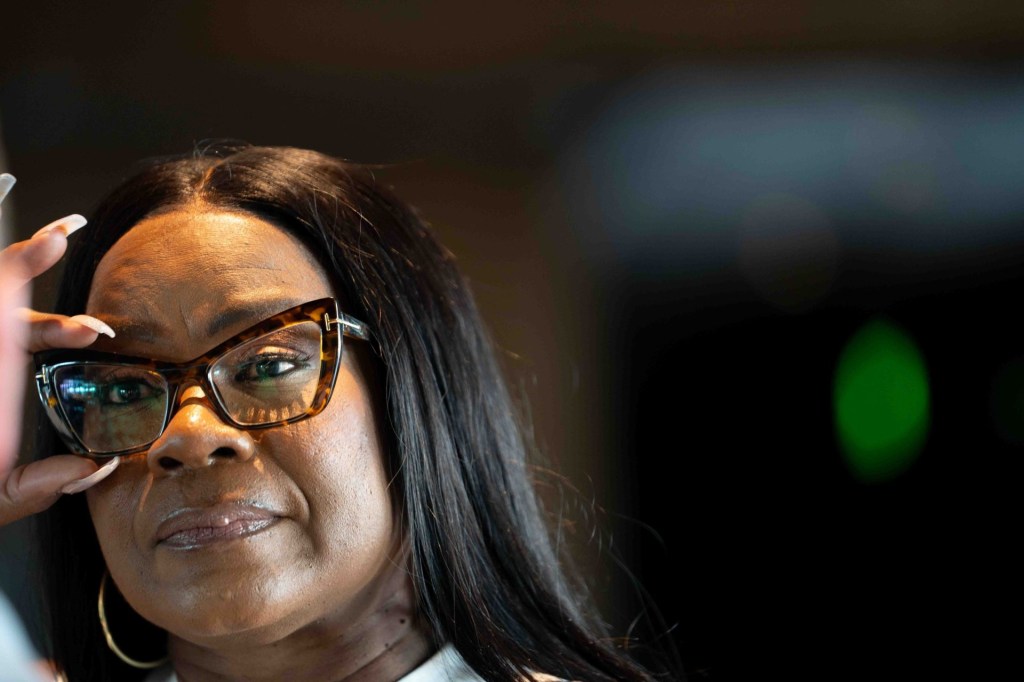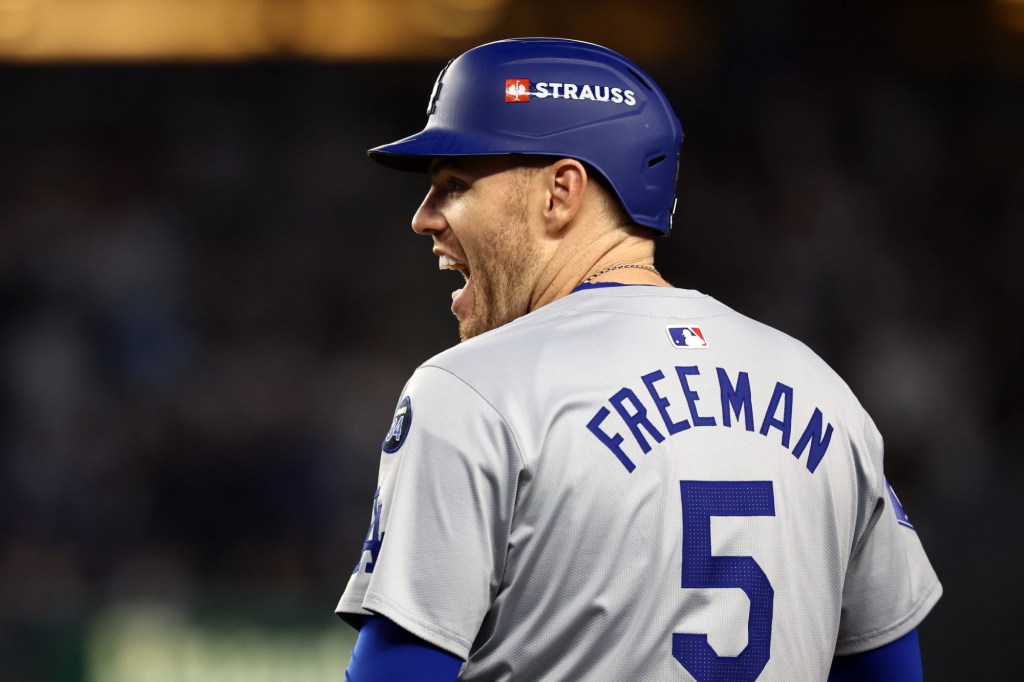Bottom of the seventh with two outs, Phillies down four with two on base, full count.
J.T. Realmuto sits on a pitch from the Giants’ Erik Miller as the ball flies far outside the plate. Realmuto drops his bat and takes a step toward first base, then hears the umpire call a strike. He puts his hands on his head and takes his helmet off in disbelief as broadcasters comment on the “awful call” that was “way off the plate.”
The highlight clip from the loss made its way through Philadelphia Sports Twitter, but it also landed in the hands of LASIK.com: “Better Vision. Better Calls,” began a post from the company’s account. “Still offering all MLB umps free LASIK. Our Philly locations will be ready after the game.”
The official account for LASIK.com, a network of providers of the corrective eye surgery LASIK, has constantly posted about—arguably trolled—professional referees, officials, and umpires, retweeting clips of controversial calls. The account sometimes gets personal, like poking fun at Ángel Hernández for his retirement and celebrating individual umpires for calling an accurate game.
There’s a point to the snark: The company has run a social media marketing campaign touting free surgery to all officials in the NFL, NBA, WNBA, MLB, NHL, MLS, and NWSL.
The team behind the posts tells Front Office Sports more than 10 refs have taken them up on free LASIK (or a similar surgery called PRK), which can often cost around $5,000 for both eyes. LASIK.com declined to say which leagues the officials work in or whether they were specifically called out on social media.
Other people have gotten in on the roast. “Hey @LASIKdotcom, we got another one for ya,” posted Barstool Cincinnati in March. That’s part of the strategy: Fans can also nominate a referee for surgery on the LASIK.com website. No, this doesn’t send an email to goad the official into surgery—“that would be cruel!” says LASIK.com marketing director Eddy Gilfilen—but it does offer a $1,000 discount to the nominator. “It’s a good way for productive frustration,” he says.
LASIK, which stands for “laser-assisted in situ keratomileusis,” is a common eye procedure that can help improve vision. Doctors use a laser to reshape a patient’s cornea, and for some people, the surgery can eliminate their need for glasses or contacts. (It is not without its critics: A small percentage of patients have poor experiences with LASIK and some negative accounts appear on social media.)
The officials haven’t taken offense to the campaign, says Shay O’Brien, Gilfilen’s colleague. FOS reached out to several referees unions, but they did not respond.
The company’s campaign has run for about a year, but they’re not the only one with the idea: In 2010, a New Jersey doctor offered free surgery to any pro soccer referees following a controversial call at the World Cup.
Fans have yelled, “Get your eyes checked!” at refs for years—but social media’s ability to instantly make bad calls go viral has increasingly put officials under a microscope.
Patrick Mahomes and the Chiefs are one recent case study: Social platforms amplified allegations of Chiefs favoritism by referees to the point where commissioner Roger Goodell called it a “ridiculous theory.” One controversial call in favor of the Chiefs in the AFC championship game garnered nearly 120,000 likes on a LASIK.com post.
The LASIK.com team says they get tagged about five to ten times per day on social media by individuals pointing out bad calls, a figure that has steadily grown over the past year. That’s despite relatively small followings on each of their accounts: X is the largest with about 9,000 followers.
Still, non-referee patients have said they booked their appointments because they saw the stunt, the LASIK.com team says. They’re spreading to paid promotions, stadium advertising, and an NIL (name, image, and likeness) program with college athletes.
“It definitely is a marketing campaign,” O’Brien says, “and it is doing its job there as well.”
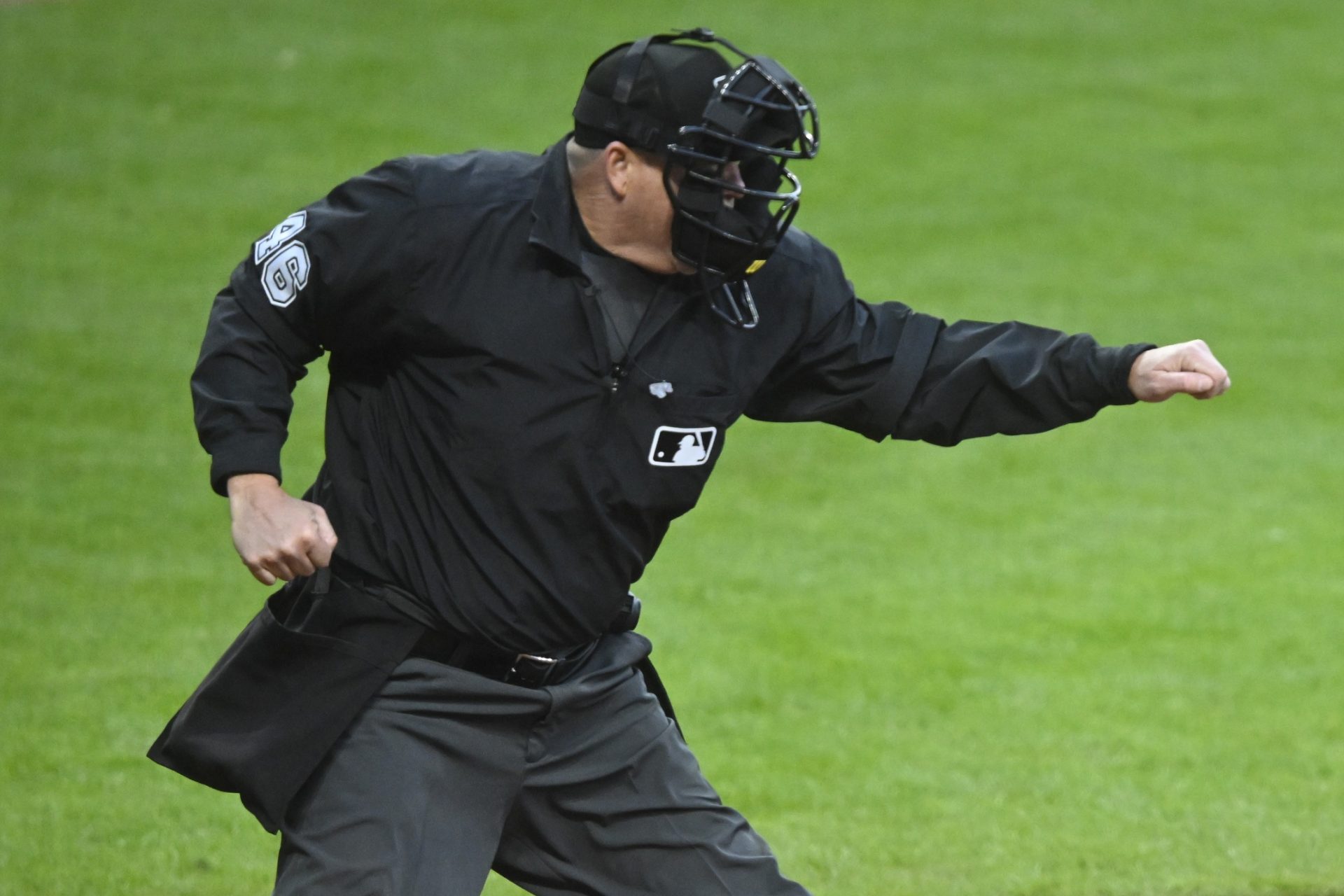
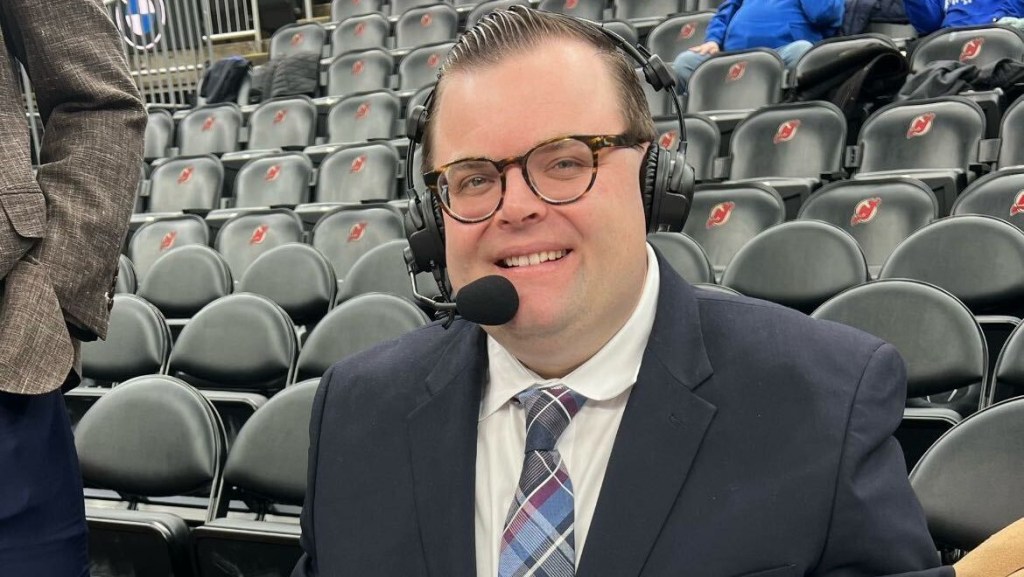
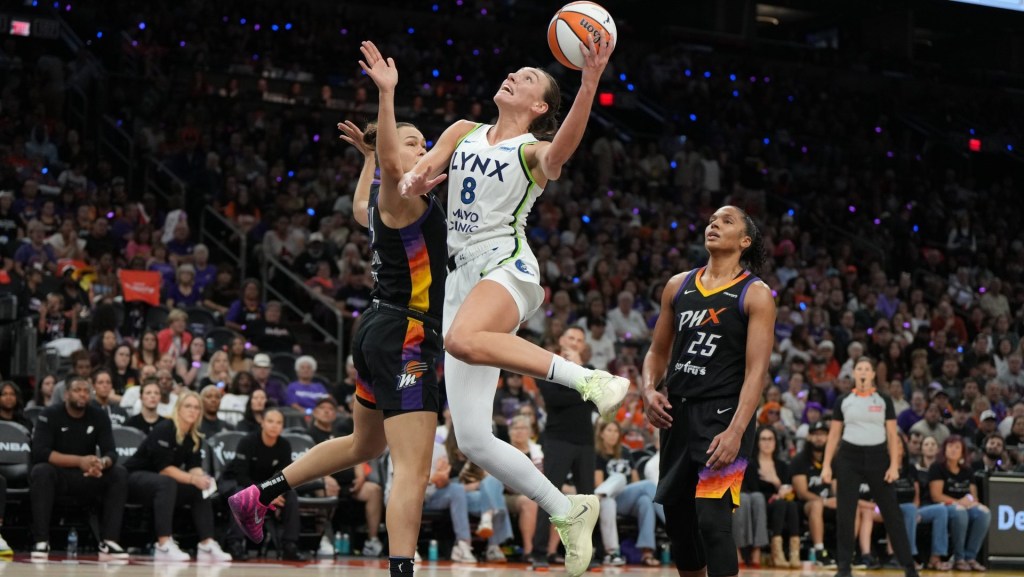
![[Subscription Customers Only] Jul 13, 2025; East Rutherford, New Jersey, USA; Chelsea FC midfielder Cole Palmer (10) celebrates winning the final of the 2025 FIFA Club World Cup at MetLife Stadium](https://frontofficesports.com/wp-content/uploads/2026/02/USATSI_26636703-scaled-e1770932227605.jpg?quality=100&w=1024)
